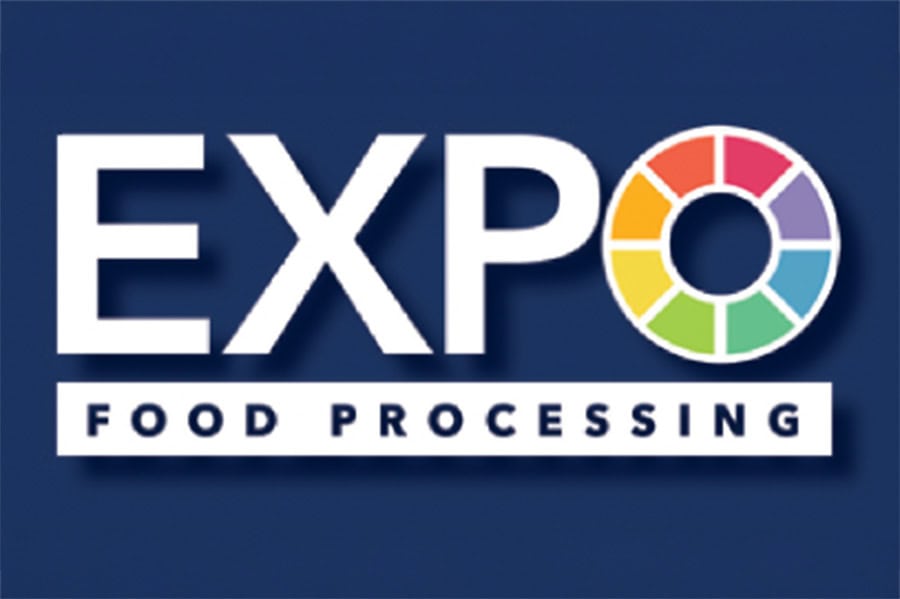Filtration in food and beverage processing has become more advanced, helping manufacturers improve quality while minimizing system downtime and maintenance. As regulations surrounding wastewater discharge grow stricter, food and beverage processors need filtration systems that offer both compliance and long-term performance.
Spiral Water Technologies meets this demand with high-performance, automatic self-cleaning filters engineered to handle variable Total Suspended Solids (TSS) and high solids loading. Our patented technology offers a smarter approach to filtration, helping companies stay within regulatory limits while supporting sustainability and operational efficiency.
Understanding Regulations for Food Industry Wastewater
Food and beverage processors, such as breweries, dairies, and meatpacking facilities, fall under the EPA’s Significant Industrial User (SIU) category for wastewater discharge. These facilities often produce high-strength non-hazardous wastewater containing fats, grease, solids, bacteria, and other organic waste.
Such contaminants elevate Biochemical Oxygen Demand (BOD) and Total Suspended Solids (TSS) levels, which municipalities monitor closely. When these levels exceed allowable thresholds, Publicly Owned Wastewater Treatment Plants (POWTPs) often pass surcharges onto the processor. Noncompliance can also trigger federal fines or EPA enforcement.
Common Contaminants in Food Processing Wastewater
Without proper treatment, food and beverage wastewater can contain an excess of organic matter and nutrients, including:
- Total Suspended Solids (TSS). TSS includes both organic and inorganic particles that remain suspended in wastewater. These particles come from both raw material processing and cleaning operations.
- Biochemical Oxygen Demand (BOD). Caused by the breakdown of sugars, fats, proteins, and other organic materials, BOD indicates how much oxygen is needed for microbial decomposition.
- Chemical Oxygen Demand (COD). COD measures the amount of oxygen needed for chemical (rather than biological) oxidation of organic and inorganic matter.
- Nutrients (Nitrogen and Phosphorus). Wastewater also frequently contains large amounts of phosphorus and nitrogen that, if left untreated, could lead to eutrophication in bodies of water.
- Inorganic Contaminants. These elements may include PFAS, pesticides, and other industrial compounds that are difficult to remove and pose serious environmental risks.
- Pathogens and Antibiotic-Resistant Bacteria. These bacteria can persist in untreated wastewater, posing a threat to both human health and aquatic life.
Spiral Water’s Sustainable & Regulatory-Compliant Filtration
Spiral Water Technologies designs robust, automatic self-cleaning filters designed for high-TSS filtration in food and beverage applications. Unlike standard backwash filters, our systems can handle TSS levels exceeding 10,000 ppm and operate effectively under upset conditions without operator intervention.
Our patented internal mechanical cleaning mechanism continuously removes debris from inside the filter housing, maintaining flow, efficiency, and a constant differential pressure across the filter. These filters are modular, low-footprint, and built to spec, allowing integration into new or existing wastewater systems with minimal disruption.
Key benefits of Spiral Water’s food and beverage filtration solutions include:
- Removing Suspended Solids and Reduces BOD (Note: Approximately ⅔ of BOD is entrapped in TSS)
- Decreasing Chemical Usage
- Improving Product Quality
- Minimizing Wastewater Discharge Costs
- Enabling Wastewater Reuse in Other Applications
- Compact Design with Easy Maintenance
- Smart Controls for Automated Filtration from 15 to 1,000 Microns
Regulatory-Compliant Food & Beverage Processing Solutions From Spiral Water Technologies
For food and beverage water treatment solutions that support compliance and sustainability, turn to Spiral Water Technologies. Our advanced, self-cleaning filters are purpose-built for high solids environments and deliver long-term value by reducing service interruptions, chemical use, and environmental risk.
Let us help you find the right food and beverage filtration solution for your needs. Contact us to learn how we can help your facility stay compliant with EPA wastewater regulations.




